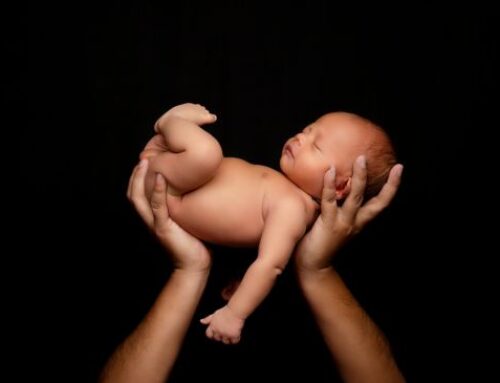 Among most men of my acquaintance – and this probably says more about my friends than anything else – the most eagerly anticipated TV series this year is HBO’s The Pacific, which will started airing last month (after this column was submitted). It’s a companion piece to the critically-lauded Band of Brothers, the 2001 miniseries that followed a group of paratroopers from basic training to the end of World War Two, the scene now moved to the Pacific war, which was by any standards even more brutal, thanks to the fanatic resolve of the Japanese forces, and the unforgiving landscape on which they did battle.
Among most men of my acquaintance – and this probably says more about my friends than anything else – the most eagerly anticipated TV series this year is HBO’s The Pacific, which will started airing last month (after this column was submitted). It’s a companion piece to the critically-lauded Band of Brothers, the 2001 miniseries that followed a group of paratroopers from basic training to the end of World War Two, the scene now moved to the Pacific war, which was by any standards even more brutal, thanks to the fanatic resolve of the Japanese forces, and the unforgiving landscape on which they did battle.
“There are things men can do to one another, things that are sobering to the soul,” we hear one of the characters ponder in one of the promo videos on HBO’s website. “It is one thing to reconcile those things of God, another to square it with yourself.” At another point, co-producer Steven Spielberg tells us that the series is “the story of the corruption of the human spirit.” With this sort of moral highmindedness, you would think that the rank and file of war films are antic romps, a gung ho parade of boys’ own adventures with M1 Garand, Sherman tank and Spitfire.
I recently spent a week at Fort Irwin, a U.S. Army training base in California’s Mojave Desert, watching Canadian troops on exercises to prepare for their imminent deployment to Afghanistan. There’s an old saying that war is 99 per cent boredom and discomfort balanced by one per cent sheer terror. Although I was required to wear body armour and a helmet in the field, the risk of an insurgent attack or an IED explosion was effectively eliminated, and while I can’t say I was bored, I certainly never felt anything like terror, even in the face of army rations. To be honest, I think I gained weight.
One of the great things about Band of Brothers – and I hope this will be repeated with The Pacific – is that with ten-plus hours to fill, we got to see a bit of that boredom, both during boot camp, and at the war’s end, as soldiers were left to their own thoughts after Hitler’s defeat, while waiting to be demobilized. Few war movies have had the leisure to do much more than suggest this facet of a soldier’s experience, which was the peculiar innovation of Band of Brothers, and thanks largely to the suddenly cinematic palette that’s flowered on quality cable.
There have certainly been silly war films, but the best of them – and here I can evoke a list that includes everything from All Quiet On The Western Front, They Were Expendable and Twelve O’Clock High to The Best Years Of Our Lives, Patton, Tora Tora Tora, A Bridge Too Far, Apocalypse Now, Black Hawk Down and the 2010 Oscar-winning The Hurt Locker – hardly stint on “things sobering to the soul,” or even the suggestion, even if its ultimately dismissed, of the soul’s corruption. Indeed, it would be fair to say that hardly anyone’s made a war film since Vietnam that wasn’t, at its heart or by its ending, a bit of a bummer.
And so the characters in The Pacific, will, as another snippet of voiceover suggests, wonder about “this war – our war. I have to believe that it’s all worthwhile, because our cause is just.” Only the morally astigmatic individual could apply this question to World War Two and come up with a negative, which is probably a condition unique to that war – and one that’s coloured our subsequent understanding of ever war before or since. But as I’ll say a million times until someone commits it to law or, at least, a stone monolith at the entrance to every film school and movie theatre, there’s no such thing as a period film. The Pacific might be set on Tarawa, Iwo Jima and Okinawa after Pearl Harbor, but it was made today, and is essentially about our current wars, despite the set dressing and digital scenery.
The characters we’ll see onscreen in The Pacific – real-life soldiers such as Eugene Sledge, and Medal of Honor winner John Basilone – would be around 90 today if they’re still alive, but I’m under no illusion that the actors playing them will resemble the actual men as much as they’ll be deputized vessels for our own agonies and misgivings about Iraq and Afghanistan. To paraphrase another cliché, the great tragedy of our creative class is that, onscreen at least, they’re never fighting our last war.




